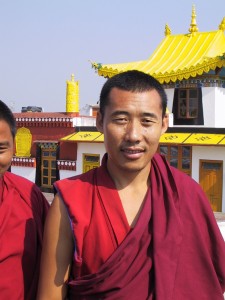
On 28 January 2014 the Intergovernmental Expert Group on the Standard Minimum Rules for the Treatment of Prisoners will meet for four days in Brasilia, Brazil. The United Nations General Assembly created the Expert Group to update the Standard Minimum Rules for the Treatment of Prisoners (SMR), which was drafted in the 1950s. The SMR is a set of rules that outline good principles and practices for the treatment of prisoners and management of prison facilities. The SMR allow for variation depending on legal, social, economic, and geographic conditions. The SMR is not legally binding but it has been widely accepted and helped shaped many States’ national legislation, including those of the People’s Republic of China (PRC).
The original SMR prohibited the use of physical punishments and all forms of cruel, inhumane, or degrading treatment. At the meeting in Brazil the Expert Group will consider proposed changes to the SMR that will increase transparency in prisons.[1] The proposed revisions require deaths during detention or soon after of a prisoner be investigated by an impartial body to ensure that the deaths were not caused by prison officials.
In the People’s Republic of China, prisoners are often subjected to physical punishments, torture and cruel, inhumane, and degrading treatment. When Geshe Sonam Phuntsok[2] was sent to prison for initiating a life-long prayer offering for the Dalai Lama, he was a healthy 48-year-old monk. When his family visited him in prison, Geshe Sonam Phuntsok had lost weight, was semiconscious, and was unable to move properly. When he was released five years later, Geshe Sonam Phuntsok was hospitalized. Geshe Sonam Phuntsok’s treatment in prison left his body broken and he died less than three and a half years after his release.
